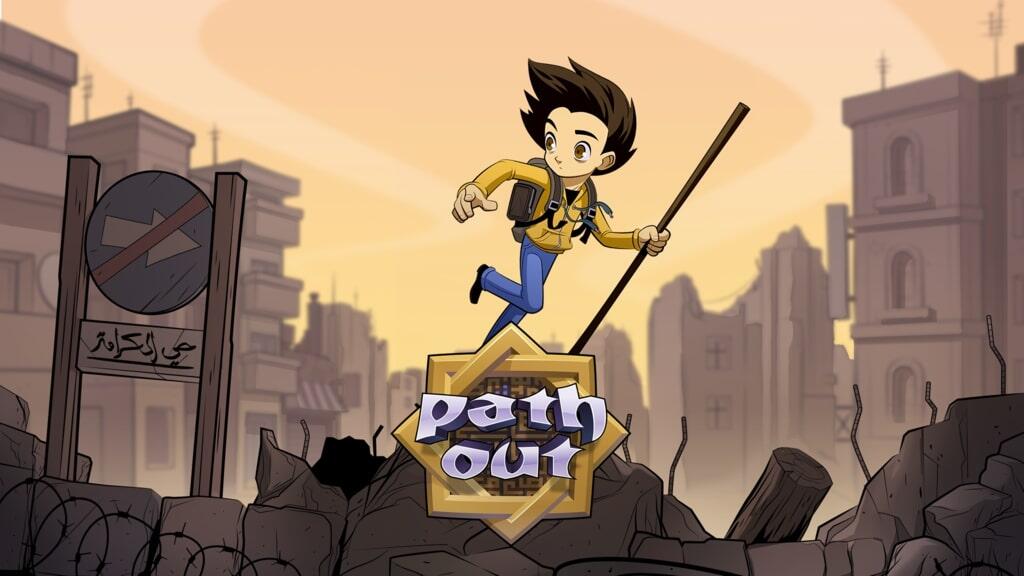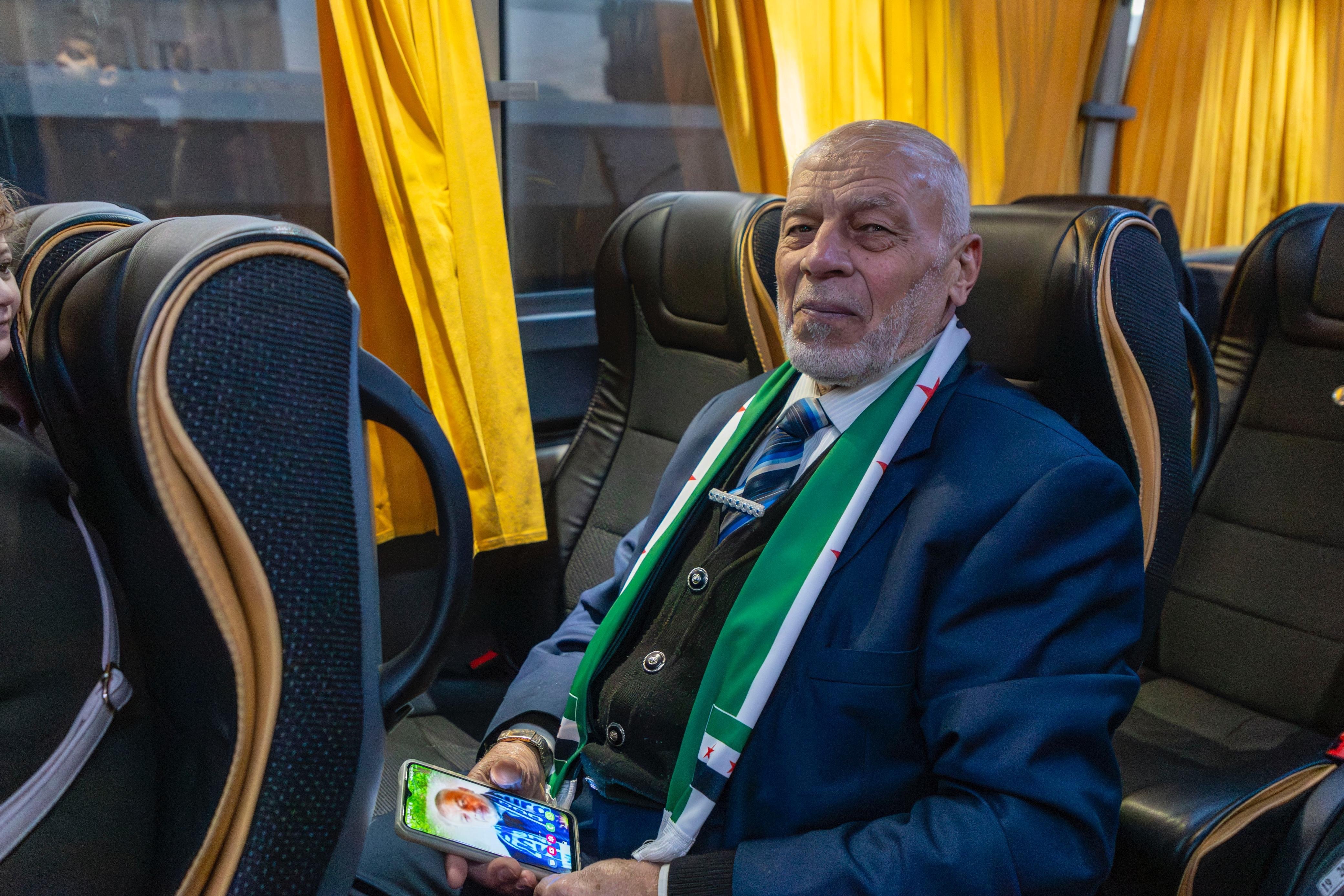Press statement by UNHCR Special Envoy, Ms. Angelina Jolie Pitt
Press statement by UNHCR Special Envoy, Ms. Angelina Jolie Pitt
Jordan, Azraq Refugee Camp – Friday 09 September 2016
This is my fourth visit to Jordan since the conflict in Syria began.
It is almost impossible to fathom what the last five years have meant, in the lives of refugees in Jordan and elsewhere in the region.
Not a single family in this camp of 60,000 people has not suffered loss and trauma.
I met a family this morning, who fled Daesh in Raqqaa, and then moved twenty times, trying to find safety inside Syria. In that time, the mother suffered repeated miscarriages, and her two brothers and one sister were killed in an airstrike.
There are children here who remember no life other than this harsh desert environment and these barbed wire fences.
There are teens who bear the terrible physical and mental wounds of conflict - such as a 13 year-old boy I met, scarred by shrapnel from a barrel bomb.
Over half of all refugees in Jordan are under 18. My own children are of that age. Like any other parent, it is impossible for me not to imagine what it would be like for my own children in this situation.
But as difficult as conditions are, refugees here count themselves among the lucky ones.
Besides the millions trapped inside Syria whose lives are at risk daily, 75,000 Syrians are stranded in the Berm - a no-man’s land on the Jordanian border – including children, pregnant women, and gravely ill patients.
They have had no food delivery since early August. There is next to no humanitarian access whatsoever. There is no mechanism for evacuating the war wounded. None of the basic protections under international humanitarian law are being applied.
This is not a problem of Jordan’s making, or that Jordan should be left to bear alone. They have been warning for years that they would reach a point where they on their own could do no more.
The world has known about the situation in the Berm for months, but no solution has yet been put forward.
This is symptomatic of the wider problem. For all the good intentions, extraordinary efforts in the field, and the generosity of host communities, it is impossible to say that we, as an international community, are using all the tools at our disposal, or that we have even come close to doing enough to help the Syrian people.
The Security Council – five years on and counting - remains divided on how to reach a political settlement.
The deliberate use of siege and starvation, barrel bombs, attacks on hospitals and, reportedly, chemical weapons, continues every day.
And for all the countless international summits and aid pledging conferences in these five years, UNHCR and other agencies still only have half of what is needed to meet the needs on the ground today.
That shortfall has consequences.
The gulf between our responsibilities and our actions has never been so wide.
So my message to world leaders, as they prepare to gather at the UN General Assembly in 10 days’ time, is to ask that the fundamental root causes of the Syria conflict, and what it will take to end it, are put at the center of the discussion.
Any increase in humanitarian funding saves lives and is deeply appreciated as well as absolutely necessary. But let’s be clear: aid workers here are still waiting for what was promised at the last conference.
After five years refugees do not want to know by what percentage their lives might be made fractionally more bearable, but when they will be able to go home.
They do not want to be the passive recipients of aid, they want a political solution.
Finally I would like, if I may, to speak to the people of Jordan - whose decency, tolerance and humanity I so deeply admire.
You have given your all to helping your Syrian neighbors, from the earliest days of the conflict. You did so knowing that it would be extremely difficult, and that the war could last for years, and with huge demands on your resources and services in your communities already.
Having given so much, you are still dedicated to doing more, and I welcome and thank His Majesty The King for the courageous and forward-looking decisions to help a number of Syrians access work and education in Jordan. Thank you for your moral leadership.
I wish families in Jordan, and across this region, Eid Mubarak.
And to those for whom it is not a time of joy and celebration, but of exile, grief and hardship – my thoughts are with you.
Thank you very much.
END
For more information please contact:
Aoife McDonnell; UNHCR Jordan; email: mcdonnel@unhcr.org – (+962) 795450379
Mohammad Hawari; UNHCR Jordan; email: hawari@unhcr.org – (+962) 798956781
Olga Sarrado Mur; UNHCR Jordan, email: sarrado@unhcr.org – (+962) 797617799








